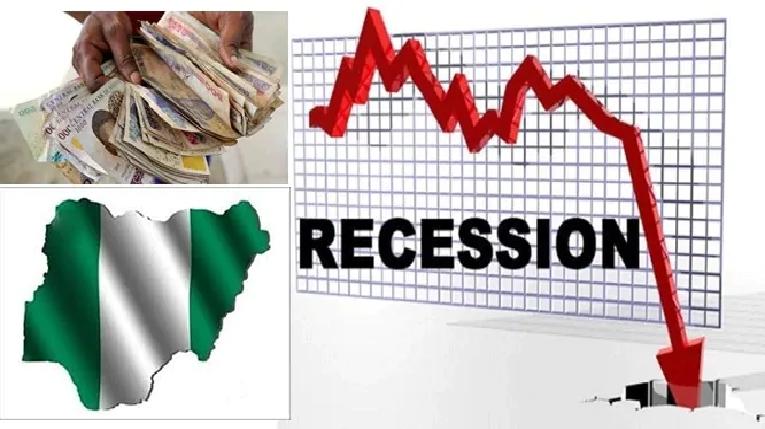MARKETS AND ECONOMY
‘Despites recession exit, further recovery tough for Nigerian economy’
Published
5 years agoon

‘Despites recession exit, further recovery tough for Nigerian economy’
Read Also:
Despite the recent thrilling news that the Nigerian economy has pulled out of recession, analysts at Financial Derivative Company Limited (FDC) have warned of certain lingering structural challenges capable of hindering further economic growth in the country.
In its Monthly Economy Update, the analysts maintained that the recovery process in 2021 is expected to be gradual and tough, especially for sectors such as trade and manufacturing that are income elastic and forex dependent.
“We expect the CBN to ease its forex rationing and boost dollar supply in the forex market. This, coupled with the ongoing naira convergence, should provide some respite for these sectors,” they said.
They further noted that the agriculture sector, which has been able to withstand the health pandemic, is facing a new and probably more severe crisis- growing insecurity.
They warned that with the spread of attacks and tribal clashes to the South West, if left unchecked, agricultural output will reduce sharply; more so as it coincides with the planting season at the end of Q1 into Q2, which is when output is typically lower.
“Civil works and construction activities will ride on increased government focus on bridging the infrastructure gap, while the likes of ICT and financial services will benefit from the increased use of data and electronic platforms to transact economic and business activities,” according to the report.
In summary, they noted that the GDP growth rate will rise this year but at a slow pace due to lingering structural challenges.
However, the FDC analysts noted that the African Continental Free Trade Agreement (AfCFTA), border reopening, higher oil prices and availability of the vaccines will support the growth trend.
“Based on the above, we expect that the policy thrust of the government will become more focused on ensuring price and exchange rate stability as output levels increase. This means that we are likely to see interest rates increase further in subsequent quarters,” the report further read.
The just released GDP growth numbers affirm the fact that the Nigerian economy is on its recovery path.
Contrary to market expectations, the Nigerian economy recorded positive growth of 0.11 per cent (year-on-year) in Q4’20 after two consecutive quarters of negative growth.
This puts full year growth for 2020 at -1.92 per cent and implies that the recession is over. The surprise recovery was driven by the resumption in most business activities.
The number of sectors that expanded increased from 14 in Q2 to 21 in Q3 and 29 in Q4. The fourth quarter is typically the fastest growing quarter in the year due to increased consumer spending during the festive period.
However, 2020 was different because of the impact of the lockdown on revenues and livelihoods, which significantly lowered consumer spending in comparison to previous years.
In Q4, the EndSARS impact was muted and the border reopening happened late in the quarter. Analysts hinted that the full impact of the border reopening will be felt in Q1’21.
Share this:
- Click to share on X (Opens in new window) X
- Click to share on Facebook (Opens in new window) Facebook
- Click to share on WhatsApp (Opens in new window) WhatsApp
- Click to share on Pocket (Opens in new window) Pocket
- Click to share on Telegram (Opens in new window) Telegram
- Click to email a link to a friend (Opens in new window) Email
- Click to share on LinkedIn (Opens in new window) LinkedIn
You may like


Dangote, ICIR Train Journalists On Improved Nigerian Economy Reportage


Nigerian GDP Grew 3.54% in Second Quarter, Beating Estimates


2022: Nigerian economy engulfed in uncertainties, MPC member expresses concerns


How telecoms sector led the charge to lift Nigeria out of recession


Recession over as Nigerian economy surprisingly records positive growth of 0.11% in Q4 2020


Nigeria exits recession amidst weak economic recovery












